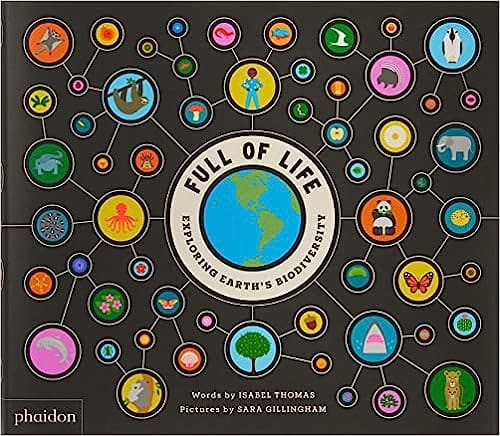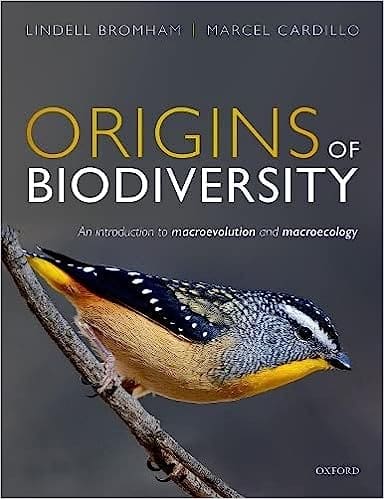Definition
Biodiversity is the variety and variability of life on Earth. It encompasses the range of species, genes, and ecosystems present in the world.
Expanded Explanation
Biodiversity plays an essential role in maintaining the balance of the planet’s ecosystems. It is integral to the functioning of ecosystems, contributing to crucial processes like nutrient cycling, pollination, and waste decomposition.
Importance of Biodiversity
Biodiversity is vital for human survival and well-being. It provides us with essential ecosystem services such as food provision, water purification, air quality maintenance, and climate regulation. Moreover, biodiversity contributes to cultural, recreational, and educational opportunities, enriching human experiences.
Threats to Biodiversity
Unfortunately, biodiversity is under threat due to human activities such as deforestation, overexploitation of natural resources, pollution, and climate change. These threats lead to loss of species, damage to ecosystems, and overall reduction in biodiversity.
Examples
- Example 1: The Amazon Rainforest is a prime example of high biodiversity, being home to millions of species of plants, animals, and insects.
- Example 2: The Great Barrier Reef in Australia showcases biodiversity in aquatic ecosystems with its diverse range of coral and marine life.
Related Terms
Visual Aids
External Resources
- The World Wildlife Fund has a page that explains what biodiversity is and why it matters. It also talks about the risks of losing biodiversity due to human activities.
- The National Geographic Society has an encyclopedia entry on biodiversity that explains what it is and why it’s important. It also talks about how many species are being threatened with extinction due to human activities.
Related Articles From Sunnydaysgo.com
- Why We Need to Protect Ecosystem Services Now More Than Ever ↗
- The Importance of Biodiversity Conservation You Need to Know ↗

